Hasan Sabbah: The Mysterious Leader of Alamut Castle
Introduction :
Hasan Sabbah is a remarkable and mysterious figure who lived in the 11th century. During this period, the Islamic world was shaken by political and religious turmoil. Hasan Sabbah is recognized as the leader of the Nizari Ismailiyya sect and is known for his activities at Alamut Castle throughout history.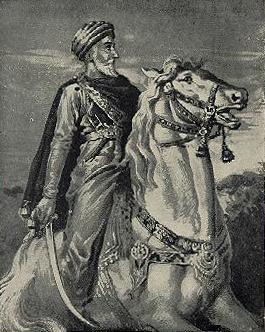
- Hasan Sabbah's Life While Hasan Sabbah's exact birth date is not known, it is believed that he was born around 1050. He was raised and educated in the city of Rey in Iran. Hasan Sabbah, as the leader of the Nizari Ismailiyya sect, struggled to spread its teachings and increase the influence of the sect.
- Alamut Castle and the Assassins Hasan Sabbah seized Alamut Castle, making it the center of Nizari Ismailiyya. The castle has been guarded by a special military unit known as the Assassins throughout history. Under Hasan Sabbah's command, the Assassins carried out assassinations targeting political and religious rivals.
- Hasan Sabbah's Influence Hasan Sabbah's influence expanded through his teachings and the actions of the Assassins. Alamut Castle served not only as the center of Nizari Ismailiyya but also as a place where intellectual activities thrived. Under the leadership of Hasan Sabbah, they became a powerful political and religious force in the Islamic world.

- Hasan Sabbah's Death Hasan Sabbah passed away in the year 1124. Following his death, the Nizari Ismailiyya movement continued under other leaders, but his leadership era is considered a significant period in the history of the sect.

Conclusion The life and influence of Hasan Sabbah have been subjects of much discussion throughout history. His leadership coincided with a pivotal period in the Islamic world. While the Nizari Ismailiyya sect experienced various influences at different times in history, the power and impact Hasan Sabbah achieved under his leadership make him a significant historical figure.
Hasan Sabbah: The Mysterious Leader of Alamut Castle
Introduction:
Hasan Sabbah is a unique figure in the medieval Islamic world. Emerging in Iran in the mid-11th century, this leader is known as the head of the Nizari Ismailiyya sect. Hasan Sabbah's influence stands out with the capture of Alamut Castle and the establishment of a special military unit known as the Assassins.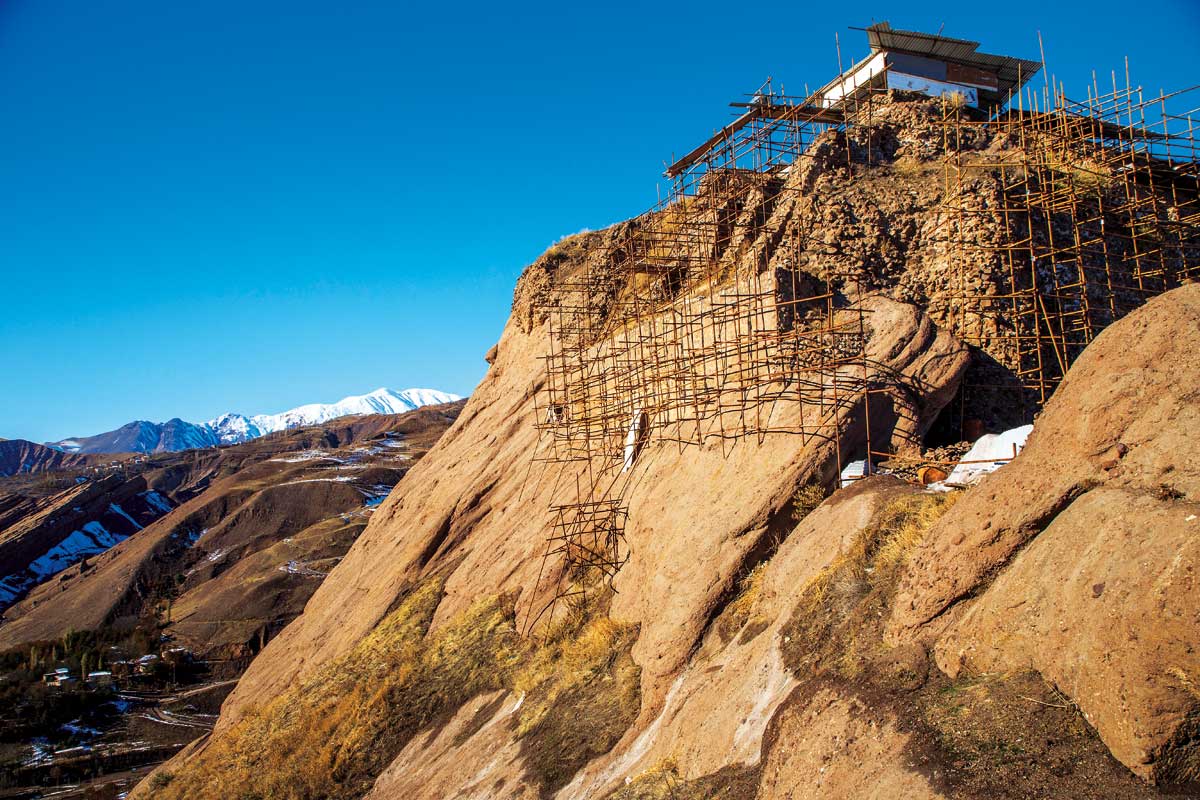
- Hasan Sabbah's Birth and Education Born around 1050 in Rey, Hasan Sabbah encountered Ismaili teachings at a young age. Emphasizing the importance of education, Hasan Sabbah embraced the mission of spreading and defending the teachings of the Nizari Ismailiyya sect after completing his studies.
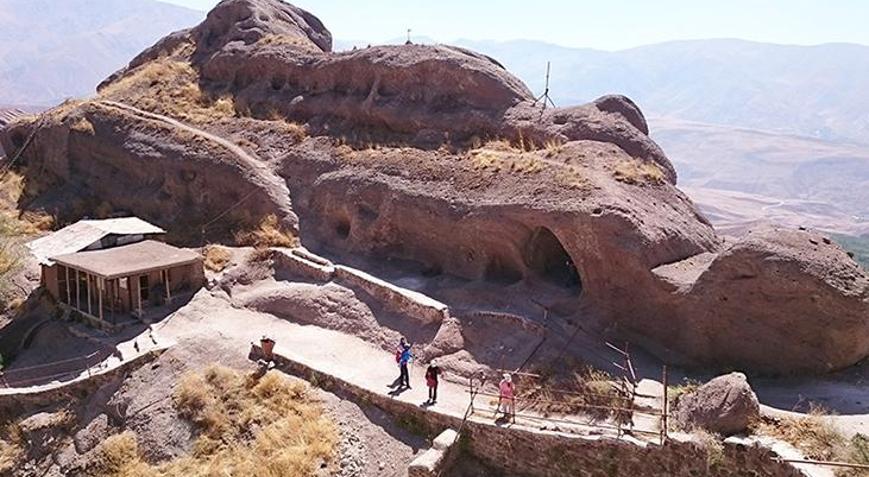
- Conquest of Alamut Castle Hasan Sabbah took control of Alamut Castle, transforming it into the center of the Nizari Ismailiyya. The castle's strategic location allowed Hasan Sabbah to demonstrate a strong stance against political and religious authorities in the region.
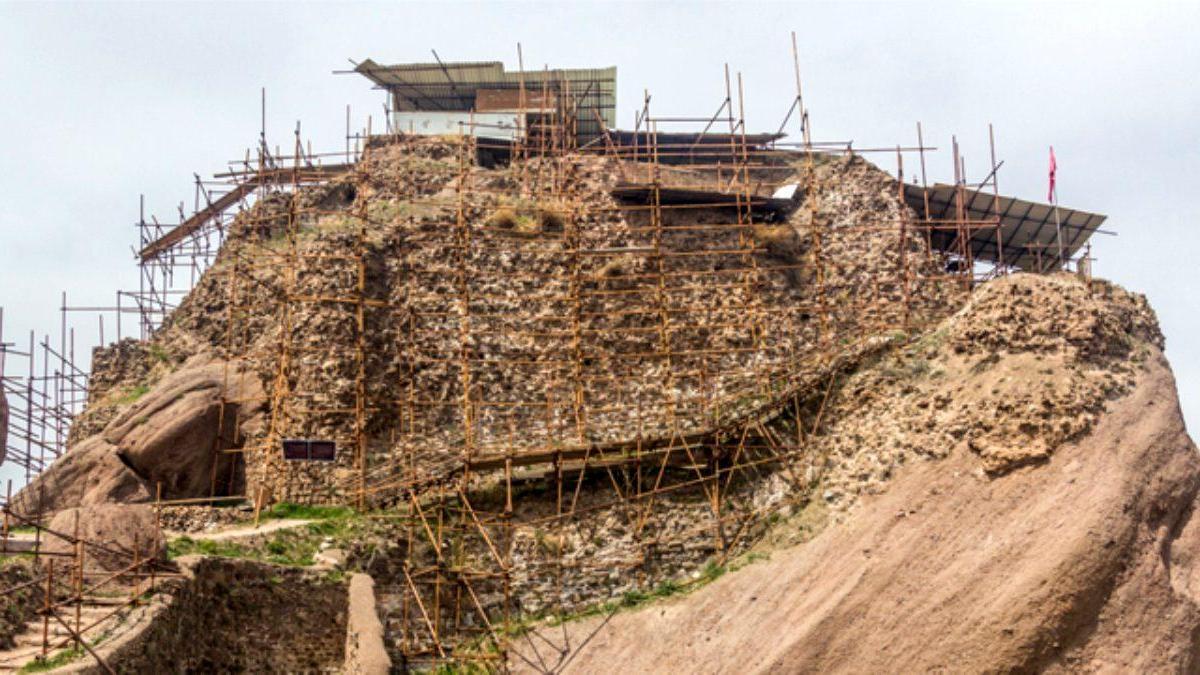
- The Assassins and Assassinations Among Hasan Sabbah's most well-known disciples were the Assassins. This special military unit operated under Hasan Sabbah's command, executing assassinations against their enemies. This tactic was employed to increase the influence of the Nizari Ismailiyya and weaken their adversaries.
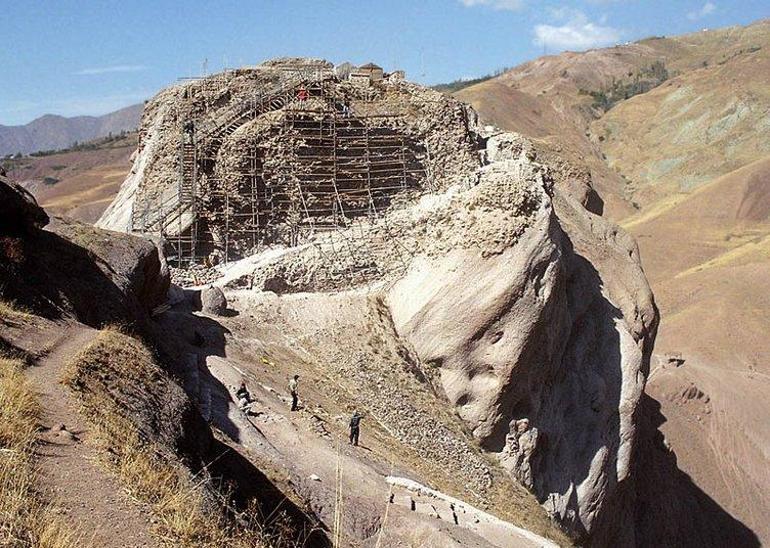
- Hasan Sabbah's Vision In a period marked by political changes and turmoil in the Islamic world, Hasan Sabbah expanded his influence. Alamut Castle became not only a military base but also a center for intellectual activities. Hasan Sabbah created a community by defending the teachings of the Nizari Ismailiyya and embracing his own vision.
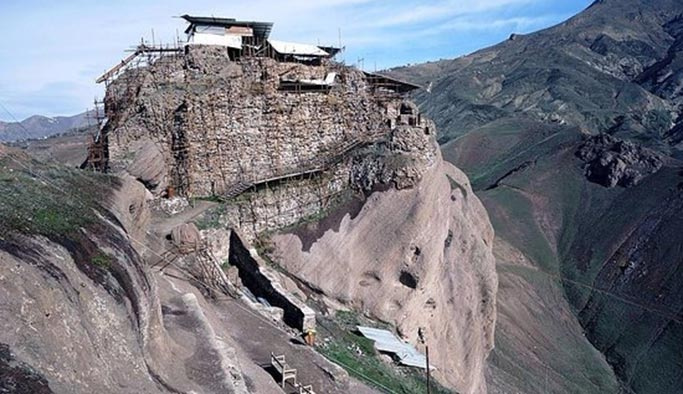
- Hasan Sabbah's Legacy Hasan Sabbah passed away in 1124, but his legacy endured. Even after his death, the Nizari Ismailiyya sect continued to exert its influence. Hasan Sabbah's leadership is acknowledged as a significant period marked by his teachings and vision.
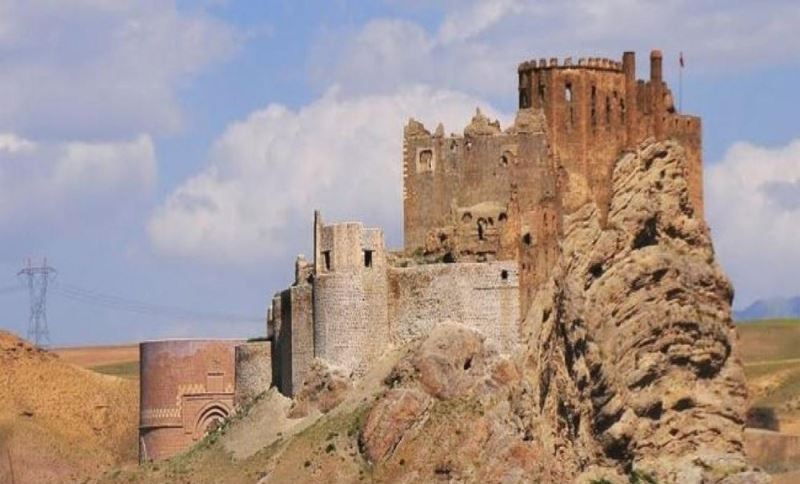
Conclusion By opening the doors of Alamut Castle, Hasan Sabbah left an indelible mark as a leader in the Islamic world. As a pioneer of the Nizari Ismailiyya sect, he left behind an influential legacy both militarily and intellectually. The life and leadership of Hasan Sabbah continue to be a subject of ongoing discussions throughout history.
Hasan Sabbah: The Legendary Leader of Alamut Castle
Introduction
Hasan Sabbah emerges as a mysterious and influential leader in the medieval Islamic world. Born around 1050 in Rey, Sabbah is immortalized as the leader of the Nizari Ismailiyya sect. Known for the conquest of Alamut Castle and the establishment of the assassin group known as the Assassins, Hasan Sabbah was a prominent figure during turbulent periods in the Islamic world.
Hasan Sabbah's Education and Transformation
Introduced to Ismaili teachings at a young age, Hasan Sabbah placed great emphasis on his education. This education deepened his worldview and led him to become an advocate of the Ismailiyya sect. Hasan Sabbah directed his mission towards spreading and protecting these teachings, ultimately aiming to establish his own community.
The Strategic Significance of Alamut Castle
One of Hasan Sabbah's most renowned achievements was the capture of Alamut Castle. This strategically positioned castle became an ideal center for both military and intellectual activities. Hasan Sabbah expanded the influence of the Nizari Ismailiyya by making this castle the headquarters of the sect.
The Assassins: Hasan Sabbah's Shadow
Among Hasan Sabbah's notable disciples were the Assassins, a distinct military unit. Operating under Hasan Sabbah's command, this group undertook assassination missions, weakening their enemies. The Assassins, shrouding Alamut Castle in mystery, became a powerful force under Hasan Sabbah's leadership.
Hasan Sabbah's Vision and Legacy
Hasan Sabbah envisioned Alamut Castle not only as a military stronghold but also as an intellectual center, creating a unique vision. This vision left an indelible mark on the history of the Nizari Ismailiyya sect. Even after Hasan Sabbah's death, his legacy continued to exert influence on future generations of the Nizari Ismailiyya.
Conclusion The life and leadership of Hasan Sabbah represent a pivotal period in Islamic history. Defined by both military successes and intellectual endeavors around Alamut Castle, Hasan Sabbah's role as a pioneer of the Nizari Ismailiyya sect remains an ongoing subject of discussion. His impact continues to be a debated topic in contemporary discussions.
- VİDEO LİNK: https://www.youtube.com/watch?v=pK5NfsZ4mOo
- VİDEO LİNK: https://www.youtube.com/watch?v=HcDrTRnXhmk
- VİDEO LİNK: https://www.youtube.com/watch?v=LISMC9lXBuc




























